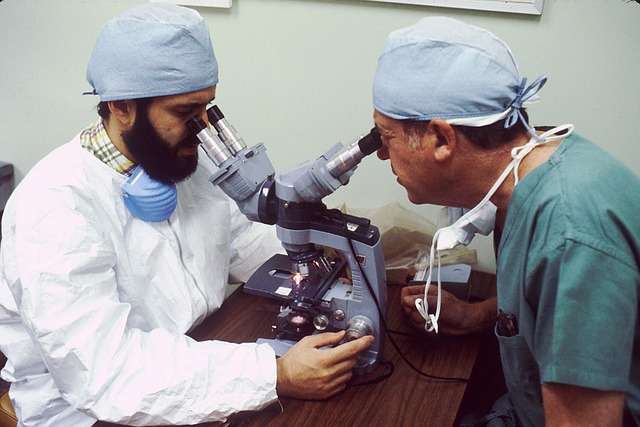Certification in Infection Prevention Can Lead To More Opportunities
Do you want to develop your skills and increase your career opportunities in infection prevention and control? Obtaining Certification in Infection Prevention is the best way to do just that! This knowledge can help ensure safety measures are being taken properly in any healthcare setting, from hospitals and clinics to long-term care facilities. Not only will patients be safer, but also they will have greater trust knowing that they’re being cared for by certified experts who know how to prevent infections.
Overview of Infection Prevention Certification Programs
A Certification in Infection Prevention program covers a range of topics, including hand hygiene, personal protective equipment, environmental cleaning, and more. What sets a graduate of the program apart is the focus on practical, real-world solutions that can be implemented in any healthcare setting. Whether you’re a nurse, doctor, or administrator, if you’re looking to improve infection prevention in your workplace, Certification in Infection Prevention program is the perfect tool for the job.
Benefits of the Certification include increased safety in the workplace and marketability for job seekers
Certification can provide numerous benefits for individuals seeking career advancement. The professionals at Aspen Associates, a Healthcare recruiter state that not only does it demonstrate a commitment to excellence and a desire for continued learning, but it can also increase safety in the workplace by ensuring workers possess the necessary knowledge and skills to perform their job safely and effectively. Additionally, being certified can make job seekers more marketable to employers who value expertise and professional development. Whether looking to stand out in a competitive job market or to improve job performance and safety, certification can be a valuable asset for individuals looking to grow their careers.
Requirements to obtain Certification such as having a valid license or degree in healthcare
If you’re considering pursuing a career in healthcare, you might have heard about the importance of obtaining certification. Certification is a way to validate your expertise and knowledge in a particular field, which can help you stand out to potential employers and advance your career. But what are the requirements for obtaining certification? One common requirement is having a valid license or degree in your area of healthcare. This ensures that you have met the necessary educational and training standards to qualify for certification. Some certifications may also require a certain amount of work experience or professional development hours. Overall, obtaining certification can be a rewarding and worthwhile endeavor for anyone looking to take their career in healthcare to the next level.
Examples of topics covered in Certification in Infection Prevention Program
Proper hand hygiene, sanitation procedures, and identifying potential sources of infection are just some of the important topics covered in the program. As we go about our daily lives, we encounter various objects and surfaces that may carry harmful pathogens. That is why it is crucial to thoroughly understand the best practices for maintaining good personal hygiene and keeping our surroundings clean. By learning how to spot potential sources of infection, we can take proactive measures to prevent the spread of diseases and illnesses. With the knowledge and skills gained from this program, individuals can confidently take charge of their health and contribute to maintaining a safe and healthy environment for everyone.
With benefits such as increased safety and marketability for job seekers, this certification is well worth the effort! To sign up for a program like this, you must have a valid license or degree in healthcare, and you will be tested on knowledge of proper hand hygiene, sanitation procedures, etc. To ensure success on exams it’s best to study early, use practice tests whenever possible, and utilize online resources if they are available. With these tools and skills acquired through this certification, there will be a greater assurance of staying free from infection both at work and home- it’s a win-win situation.

